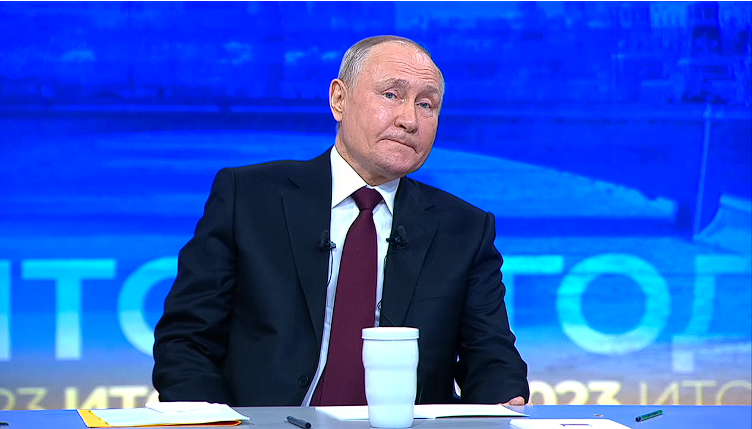Joe Biden’s administration urged Ukrainian leaders to allow Russian forces to withdraw.
Others are reading now
Decisions made during wartime often require balancing immediate objectives with long-term consequences.
The stakes are even higher when potential escalation involves weapons of mass destruction, forcing leaders to make choices that prioritize global safety over tactical gains.
Journalist Bob Woodward has detailed how the United States influenced Ukraine’s counteroffensive against Russian forces in 2022.
His latest book reveals that U.S. intelligence assessments prompted a significant change in Kyiv’s strategy in the Kherson region.
Also read
The concern centered on avoiding a catastrophic response from Moscow.
Pressured to Allow Retreat
During Ukraine’s successful campaign to reclaim territory, its forces had the chance to trap a retreating Russian contingent of approximately 30,000 troops.
This withdrawal from Kherson marked a significant shift in the war. Initially, Ukraine planned to pursue and inflict heavy losses on the retreating forces. Instead, American officials reportedly advised caution.
U.S. intelligence suggested a high probability that Russian President Vladimir Putin could resort to nuclear weapons if the Russian military faced overwhelming losses.
Conversations between military leaders further solidified these concerns.
Reports indicate that General Valery Gerasimov, Russia’s chief of staff, directly warned U.S. General Mark Milley of Moscow’s readiness to escalate using nuclear options.
In response, President Joe Biden’s administration urged Ukrainian leaders to allow Russian forces to withdraw without significant interference.
This recommendation provided a pathway for the retreating troops to cross the Dnipro River and regroup on the other side, avoiding a large-scale confrontation that could have triggered dire consequences.
While this decision prevented the potential use of nuclear weapons, it also allowed Russian forces to reorganize and maintain their fighting capacity.
For Ukraine, it meant foregoing a critical opportunity to weaken its adversary substantially.


